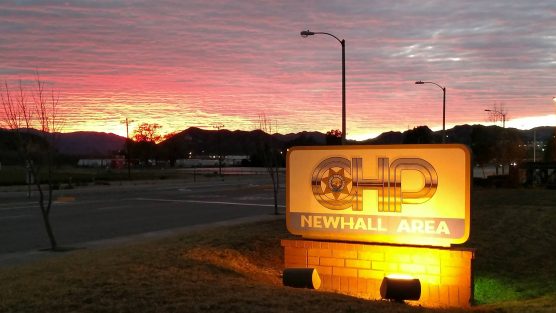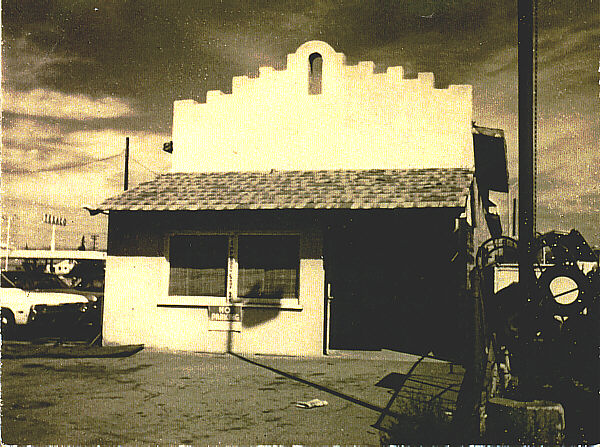The California Highway Patrol will honor the dedicated men and women who serve as call-takers and dispatchers during National Public Safety Telecommunicators Week, April 8-14.
Public safety dispatchers provide lifesaving services to the public and law enforcement.
“Whether it is wildfires, mudslides, an injury collision, or any other emergency, dispatchers have proven to be an essential link between our officers, the public, and support services,” CHP Commissioner Warren Stanley said. “I am very proud of our public safety dispatchers who provide an indispensable service to the public every day of the year.”
Dispatchers are the bridge between law enforcement and the public, making sure the proper assistance is provided. In an instant, a dispatcher must be ready to engage with a caller and determine the proper response to ensure safety. Dispatchers often stay on a call, giving lifesaving instructions or providing a sympathetic ear to a person in crisis.
 The CHP has 25 Communications Centers statewide, employing more than 900 professional public safety dispatchers who handled approximately 9.2 million calls last year. The CHP’s public safety dispatchers are on the front lines of public safety and service, fielding many of the cellular 9-1-1 calls in the state.
The CHP has 25 Communications Centers statewide, employing more than 900 professional public safety dispatchers who handled approximately 9.2 million calls last year. The CHP’s public safety dispatchers are on the front lines of public safety and service, fielding many of the cellular 9-1-1 calls in the state.
Law enforcement telecommunicators include the public safety operators, public safety dispatchers, public safety dispatch supervisors, and telecommunication technicians who provide radio, telephone, and computer services to law enforcement.
In the event the public needs to call 9-1-1, the following tips will help callers and dispatchers during an emergency:
* Stay calm.
* Be prepared to provide your name, phone number, address or location, and a detailed description of the incident or vehicle being reported.
* Wireless devices do not always give the call-taker your location. Providing an accurate location of the emergency may be the single most important piece of information for the dispatcher. This allows them to send help to the correct place.
* Listen carefully and follow all directions provided by the dispatcher.
* Wait for the dispatcher to ask questions, and then answer clearly and calmly.
* Be prepared to provide a physical description if the emergency involves a criminal suspect.
Please remember 9-1-1 is to be used only to report emergencies in progress. Misuse of the emergency 9-1-1 system is not only against the law, but it delays callers with real emergencies.
Like this:
Like Loading...
Related





 Tweet This
Tweet This Facebook
Facebook Digg This
Digg This Bookmark
Bookmark Stumble
Stumble RSS
RSS


























REAL NAMES ONLY: All posters must use their real individual or business name. This applies equally to Twitter account holders who use a nickname.
0 Comments
You can be the first one to leave a comment.